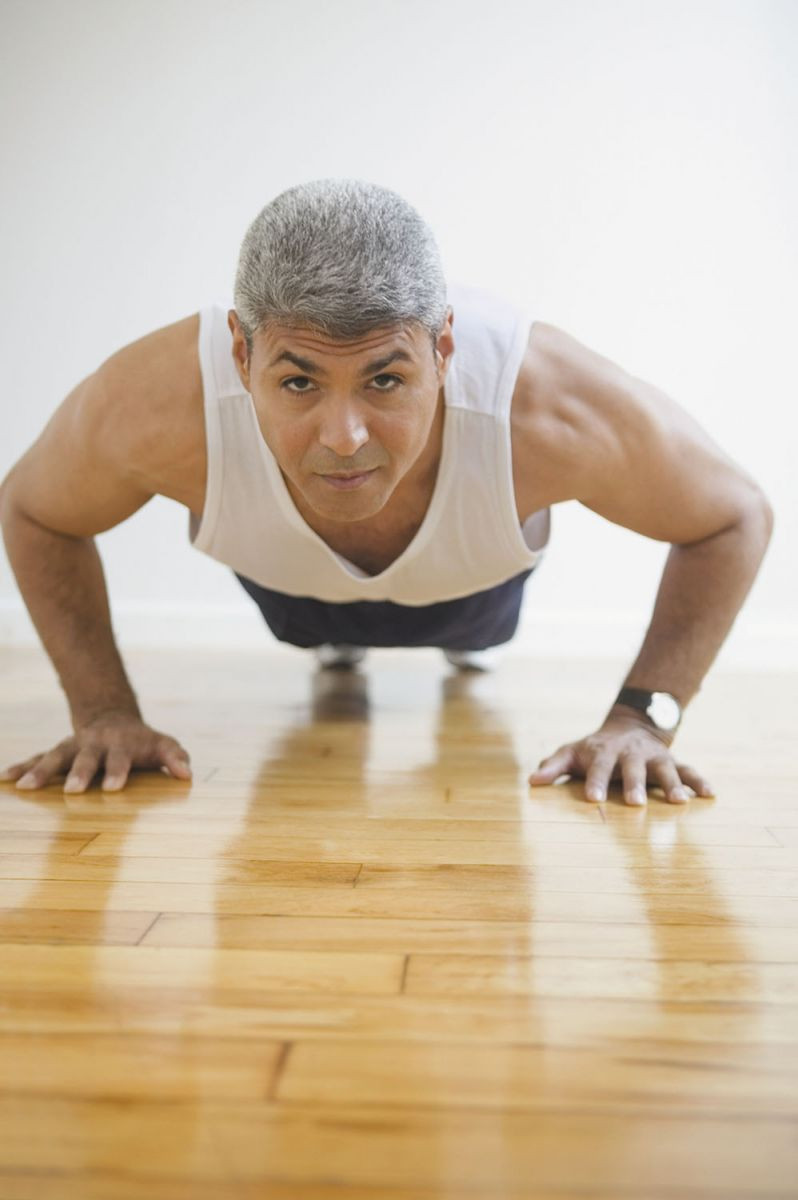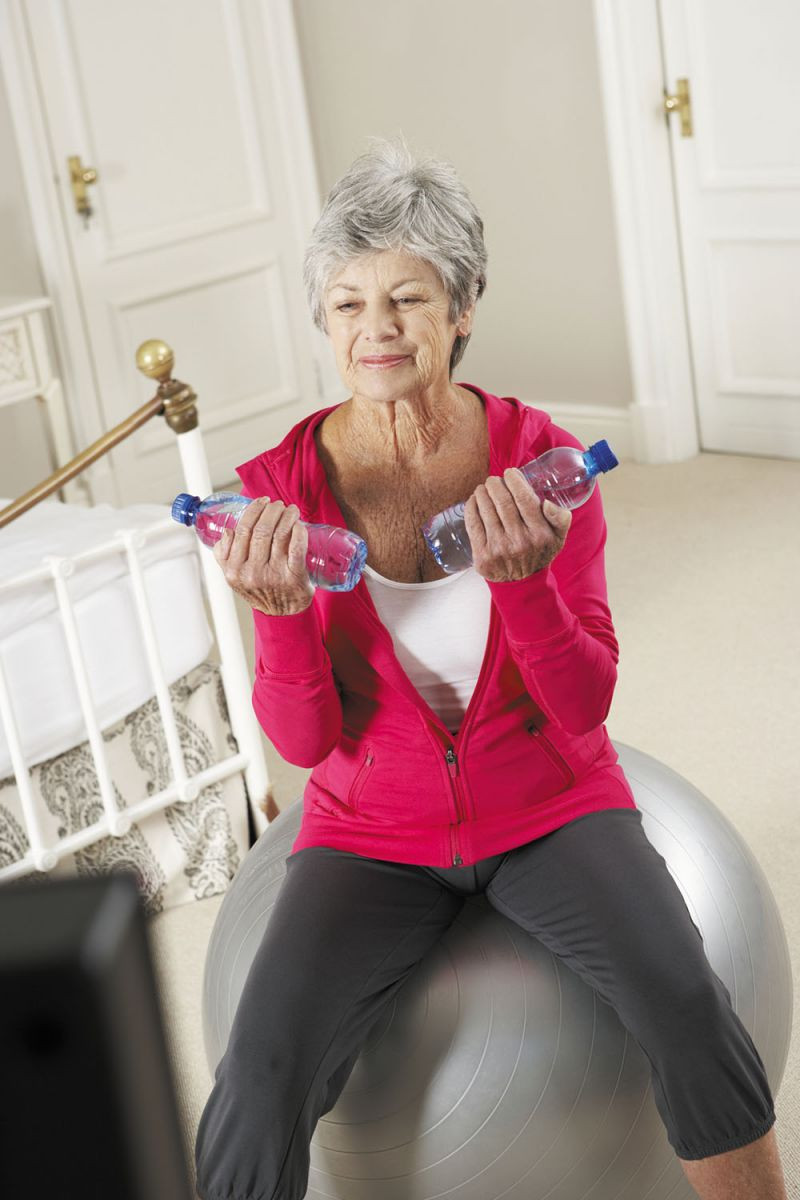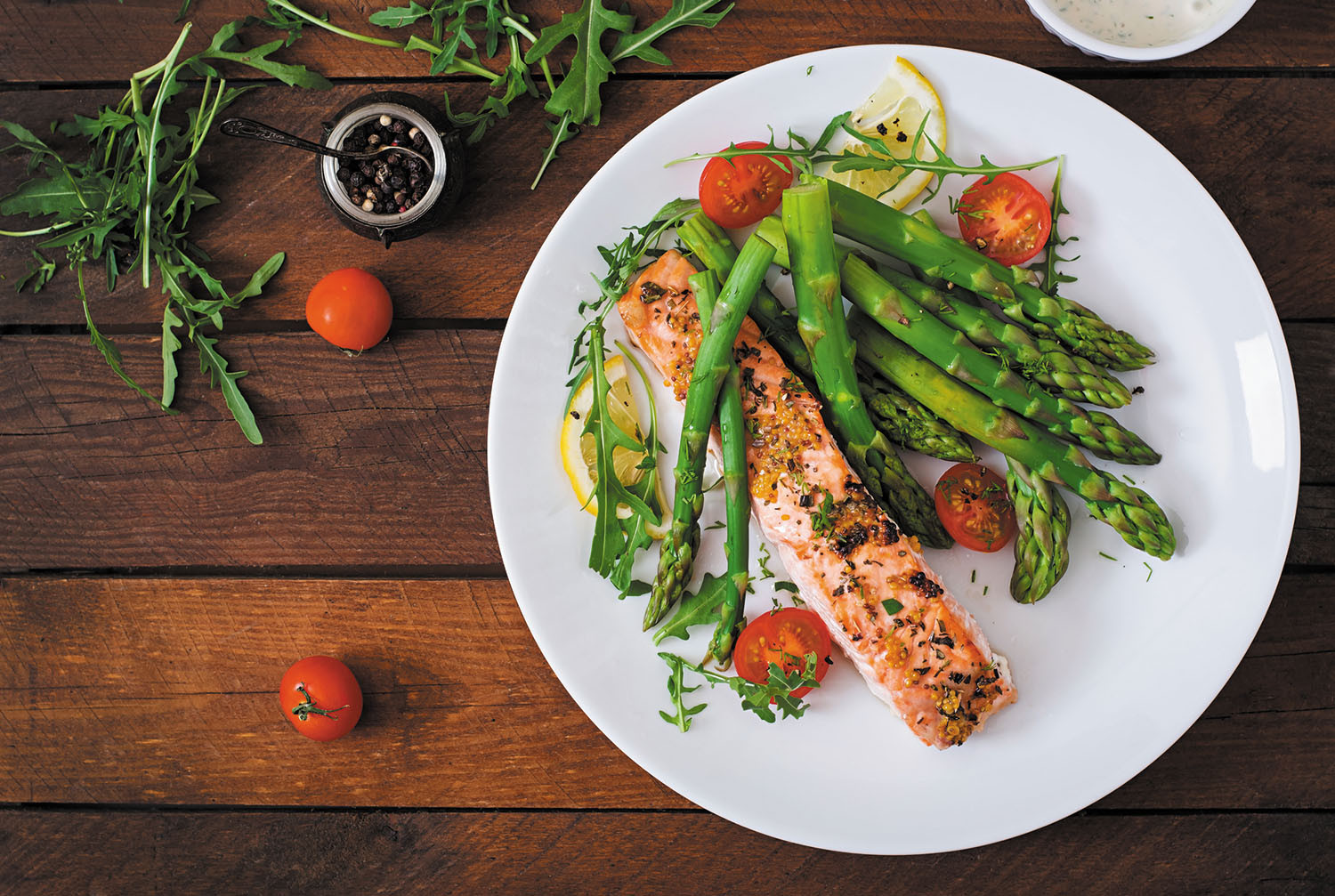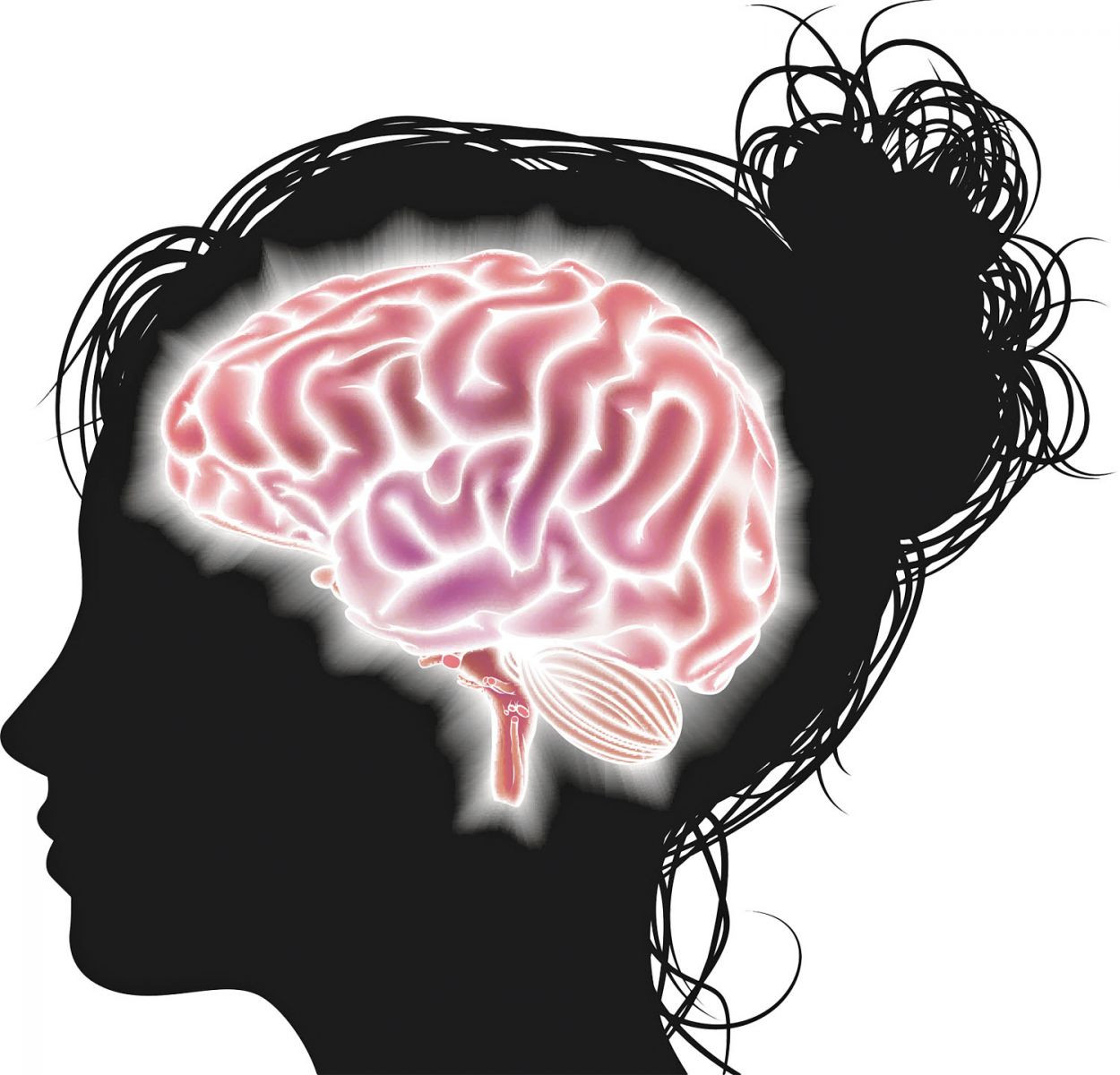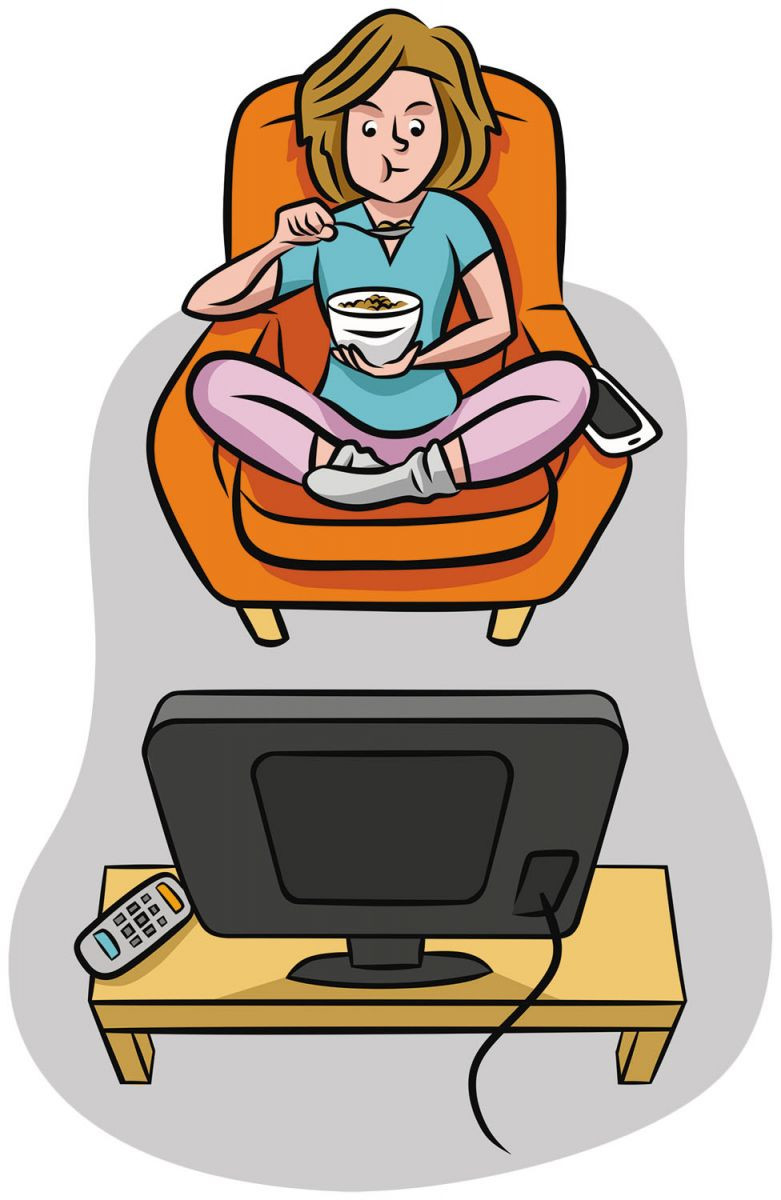
5 timeless habits for better health

What are the symptoms of prostate cancer?

Is your breakfast cereal healthy?

When pain signals an emergency: Symptoms you should never ignore

Does exercise give you energy?

Acupuncture for pain relief: How it works and what to expect

How to avoid jet lag: Tips for staying alert when you travel

Biofeedback therapy: How it works and how it can help relieve pain

Best vitamins and minerals for energy

Should you take probiotics with antibiotics?
Staying Healthy Archive
Articles
Beer-before-wine strategy doesn't hold water
News briefs
Ever hear the saying that drinking beer before wine can reduce hangover symptoms? It's just a myth, according to a small randomized study published Feb. 1, 2019, in The American Journal of Clinical Nutrition. Researchers found out by dividing 90 men and women (ages 19 to 40) into four groups. One group drank beer first, and then wine; another group drank wine first, and then beer; and the last two groups drank only beer or only wine. All of the participants drank until they were intoxicated (measured by a breath test), and then rated their hangover symptoms (like headache and nausea) on the day after drinking. The process was repeated a week later, but this time the beer-first group drank wine first; the wine-first group drank beer first; the wine-only group drank only beer; and the beer-only group drank only wine. The results: everyone experienced hangovers, no matter what they drank or the order in which they drank it. The strongest predictors for hangover intensity were perceived drunkenness and vomiting. The bottom line: Drinking too much is unhealthy for anyone. If you drink at all, drink in moderation. That means no more than one drink per day for women, no more than two drinks per day for men.
Image: © draghicich/Getty Images
Get healthy for vacation
Don't neglect healthy habits when planning your summer travels.
Before you leave for summer vacation, don't forget to pack some good health.
"While you should follow healthy habits year-round, you should give extra attention to certain areas when you travel, since you are often more active than usual," says Dr. Wynne Armand, a primary care physician at Harvard-affiliated Massachusetts General Hospital.
A flexible way to stretch
Flexibility can decline as you age and raise your risk of injury. A daily stretching routine can help.
As you age, it's normal to become less limber. Your muscles shrink and your tendons lose their water content, which makes your body stiffer. But add in less activity from a sedentary lifestyle and your lack of flexibility can become even worse.
"When you sit too much and don't move around, the muscles in your hips, legs, and calves get tighter," says Dr. Lauren Elson of the Physical Medicine and Rehabilitation Department at Harvard-affiliated Spaulding Rehabilitation Hospital, and faculty editor for Harvard Health Publishing's special reports, Stretching and Starting to Exercise.
More push-ups may mean less risk of heart problems
In the journals
How many push-ups can you do in a minute? The number may predict your risk of heart disease, suggests a study published online Feb. 15, 2019, by JAMA Network Open.
Harvard researchers analyzed data from 1,104 healthy firefighters, average age 40, who did not have cardiovascular disease. Each man performed as many push-ups as possible in one minute. The men also had treadmill tests to measure their cardiovascular health and aerobic fitness. After 10 years, the researchers found that the men who had originally performed the most push-ups were least likely to get heart disease.
Eating more ultra-processed foods may shorten life span
In the journals
Need another reason to monitor your intake of ultra-processed foods? Cutting down on your amounts could help you live longer.
In an observational study published online Feb. 11, 2019, by JAMA Internal Medicine, almost 45,000 adults ages 45 and older completed several dietary assessments over a two-year period. On average, ultra-processed foods made up about 15% of their daily diet as measured in grams.
Do short bursts of exercise help?
Ask the doctors
Q. I recently read that I don't need to exercise all at once during the day to get health benefits. Is this true?
A. It's true — at least according to the newest version of the Physical Activity Guidelines for Americans published by the U.S. Department of Health and Human Services (HHS).
Fried foods linked to earlier death
Healthier options, such as baking, can offer similar taste without the health drawbacks.
Fried foods are crunchy, crispy, and tasty, but as tempting as they are, eating them too often might shave years off your life.
A study published online January 23 by The BMJ found that women who ate one or more servings of fried chicken daily were 13% more likely to die prematurely from any cause and 12% more likely to die from heart-related causes than women who didn't eat any fried food.
Chronic inflammation may put your brain at risk
Research we're watching
Not only might chronic inflammation affect your heart health, but it could also lead to cognitive decline, according to a study published in the February issue of Neurology. Researchers measured inflammation in more than 12,000 middle-aged adults, assigning each a composite score using four inflammation-related biomarkers found in the blood. They then assessed the cognitive function of the participants in three separate visits over the next 20 years. They found that after adjusting for demographic and other variables, inflammation appeared to be associated with increased cognitive decline. People in the study who had higher inflammation scores experienced 7.8% greater cognitive decline when compared with study participants who had lower scores.
Image: © ChrisGorgio/Getty Images
Even brief periods of movement can reverse the harmful effects of sitting
Research we're watching
You've probably heard that it's harmful to your health to spend too much time sitting around. But a study published January 14 in the American Journal of Epidemiology shows that it may be possible to reverse some of that harm by engaging in short periods of movement throughout the day.
Researchers recruited 8,000 people ages 45 and older and asked them to wear an activity monitor for a week. The device tracked them throughout the day to see how much they sat and how much they moved.

5 timeless habits for better health

What are the symptoms of prostate cancer?

Is your breakfast cereal healthy?

When pain signals an emergency: Symptoms you should never ignore

Does exercise give you energy?

Acupuncture for pain relief: How it works and what to expect

How to avoid jet lag: Tips for staying alert when you travel

Biofeedback therapy: How it works and how it can help relieve pain

Best vitamins and minerals for energy

Should you take probiotics with antibiotics?
Free Healthbeat Signup
Get the latest in health news delivered to your inbox!
Sign Up



